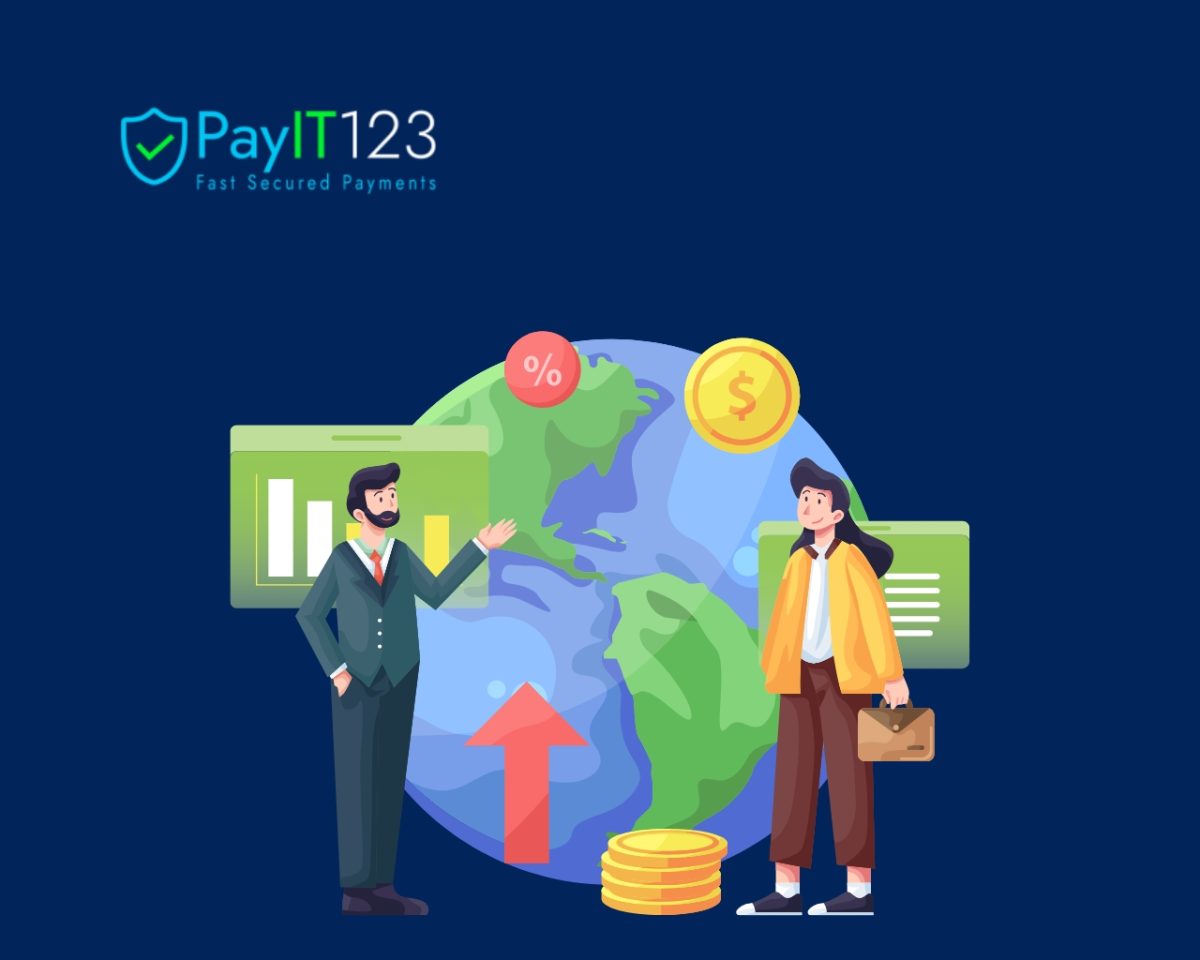Introduction
As we move further into 2025, financial technology (fintech) continues transforming the global economy. Innovations in digital payments, blockchain, artificial intelligence, and financial inclusion are redefining how businesses and consumers interact with financial services. This evolution is not only improving efficiency and accessibility but also reshaping industries, economic structures, and global markets.
Let’s explore the key ways fintech is driving economic change in 2025.
1. Financial Inclusion and Economic Growth
One of fintech’s most significant contributions is expanding financial inclusion. Millions of people now have access to previously unattainable financial services, especially in emerging markets.
- Mobile banking and digital wallets enable individuals to save, invest, and transact without a traditional bank.
- Microloans and peer-to-peer lending platforms provide small businesses and entrepreneurs with capital, stimulating local economies.
- Cryptocurrency and decentralized finance (DeFi) offer alternatives to traditional banking, particularly in regions with unstable financial systems.
As fintech continues to bridge financial gaps, it is helping to drive economic empowerment and reduce poverty worldwide.
2. The Acceleration of Digital Payments
The rise of contactless payments, blockchain transactions, and real-time banking has revolutionized global commerce. Traditional cash-based economies are rapidly digitizing, improving transaction speed, security, and accessibility.
- Governments are adopting Central Bank Digital Currencies (CBDCs) to modernize payment infrastructures.
- Instant cross-border transactions powered by blockchain technology are reducing fees and eliminating delays in global trade.
- AI-driven fraud detection is enhancing security and protecting consumers from cyber threats.
This digital shift boosts economic efficiency, increases transparency, and makes transactions more seamless.
3. AI and Automation in Financial Services
Artificial intelligence (AI) is at the core of fintech advancements, streamlining operations and enhancing decision-making in banking, investments, and risk management.
- AI-driven chatbots and virtual assistants are improving customer service by offering personalized financial advice.
- Automated investment platforms (robo-advisors) make wealth management more accessible to everyday investors.
- Predictive analytics is helping financial institutions assess creditworthiness and reduce lending risks.
With AI reducing manual processes and increasing accuracy, financial institutions operate more efficiently and cost-effectively, passing the benefits on to consumers.
4. The Growth of Green Fintech
Sustainability is a growing focus in the fintech sector. Consumers and businesses are demanding eco-friendly financial solutions, driving the rise of green fintech initiatives.
- Carbon tracking in banking apps allows users to monitor their environmental impact based on spending habits.
- Sustainable investing platforms are guiding consumers toward socially responsible investments.
- Fintech solutions for climate finance are helping fund renewable energy projects and sustainable development.
By integrating environmental responsibility into financial technology, fintech aligns economic growth with sustainability.
5. Challenges and Considerations
Despite its rapid progress, fintech faces challenges that must be addressed to sustain its positive impact on the global economy.
- Cybersecurity threats continue to rise, requiring stronger regulatory frameworks and technological safeguards.
- Regulatory uncertainty in cryptocurrency and decentralized finance creates hurdles for businesses and investors.
- The digital divide remains challenging, as not everyone can access fintech innovations equally.
Governments, financial institutions, and tech companies must collaborate to maximize fintech’s potential and create secure, inclusive, and well-regulated financial ecosystems.
Final Thoughts
Fintech is not just revolutionizing finance—it is reshaping the global economy, fostering financial inclusion, streamlining transactions, and introducing sustainable solutions. As the industry evolves, businesses and consumers will benefit from a more connected, efficient, and accessible financial landscape.
By embracing these advancements while addressing key challenges, fintech will continue to drive economic transformation throughout 2025 and beyond.
#Fintech #GlobalEconomy #FinancialInclusion #DigitalBanking #AIinFinance #SustainableFinance #FutureOfMoney #BlockchainRevolution

